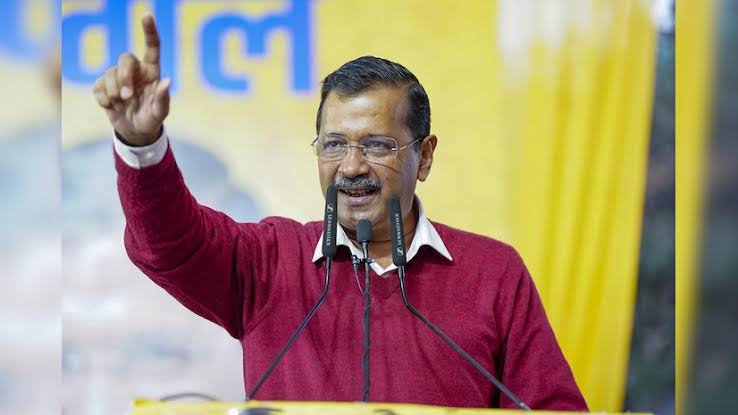Arvind Kejriwal Responds to Rajiv Kumar's 'Poisoning Yamuna' Allegations
Arvind Kejriwal's response to Rajiv Kumar encapsulates the tension between political accountability and environmental responsibility. As the narrative unfolds, it will be essential to monitor how these discussions shape the political landscape in Delhi, especially in light of growing public concern over pollution and governance.
POLITICS


Understanding the Controversy
In recent political developments, Delhi Chief Minister Arvind Kejriwal has firmly addressed the allegations made by Chief Election Commissioner (CEC) Rajiv Kumar regarding the pollution of the Yamuna River. The remarks made by Kumar insinuate that Kejriwal's government bears significant responsibility for the degradation of this vital water source. However, Kejriwal's response to these allegations has been nothing short of assertive, indicating his readiness to contest the underlying accusations head-on.
Kejriwal's Firm Rebuttal
During a recent public address, Kejriwal remarked that Kumar's statements appear politically motivated. He stated, “If he believes that the allegations are pressing enough, then he should contest the upcoming Delhi elections instead of firing baseless comments.” This statement is not just a defense of his administration but also a challenge to the impartiality and responsibility expected from the CEC's office. Kejriwal's administration has consistently argued that the pollution of the Yamuna cannot solely be attributed to government actions but is a systemic issue requiring comprehensive solutions.
The Broader Implications
The recent exchange between Kejriwal and Kumar transcends mere political tit-for-tat; it highlights the necessity for candid dialogue surrounding environmental conservation. The Yamuna River, once the lifeblood of Delhi and its surrounding regions, has seen severe pollution levels due to various factors including industrial discharge, sewage overflow, and rampant urbanization. Kejriwal's insistence that these issues need a collective approach rather than politically charged accusations echoes the sentiments of many environmental advocates.
Kejriwal’s rebuttal is also significant in the context of the upcoming elections, as it places environmental issues front and center in political discourse. As he prepares for another term, the focus will undoubtedly remain on how his government addresses the pressing concern of pollution, particularly in one of the most polluted rivers in the world. The exchange serves to remind voters of the ongoing environmental challenges and how leadership should be evaluated based on proactive and informed policy responses rather than reactionary comments.
In conclusion, Arvind Kejriwal's response to Rajiv Kumar encapsulates the tension between political accountability and environmental responsibility. As the narrative unfolds, it will be essential to monitor how these discussions shape the political landscape in Delhi, especially in light of growing public concern over pollution and governance.
